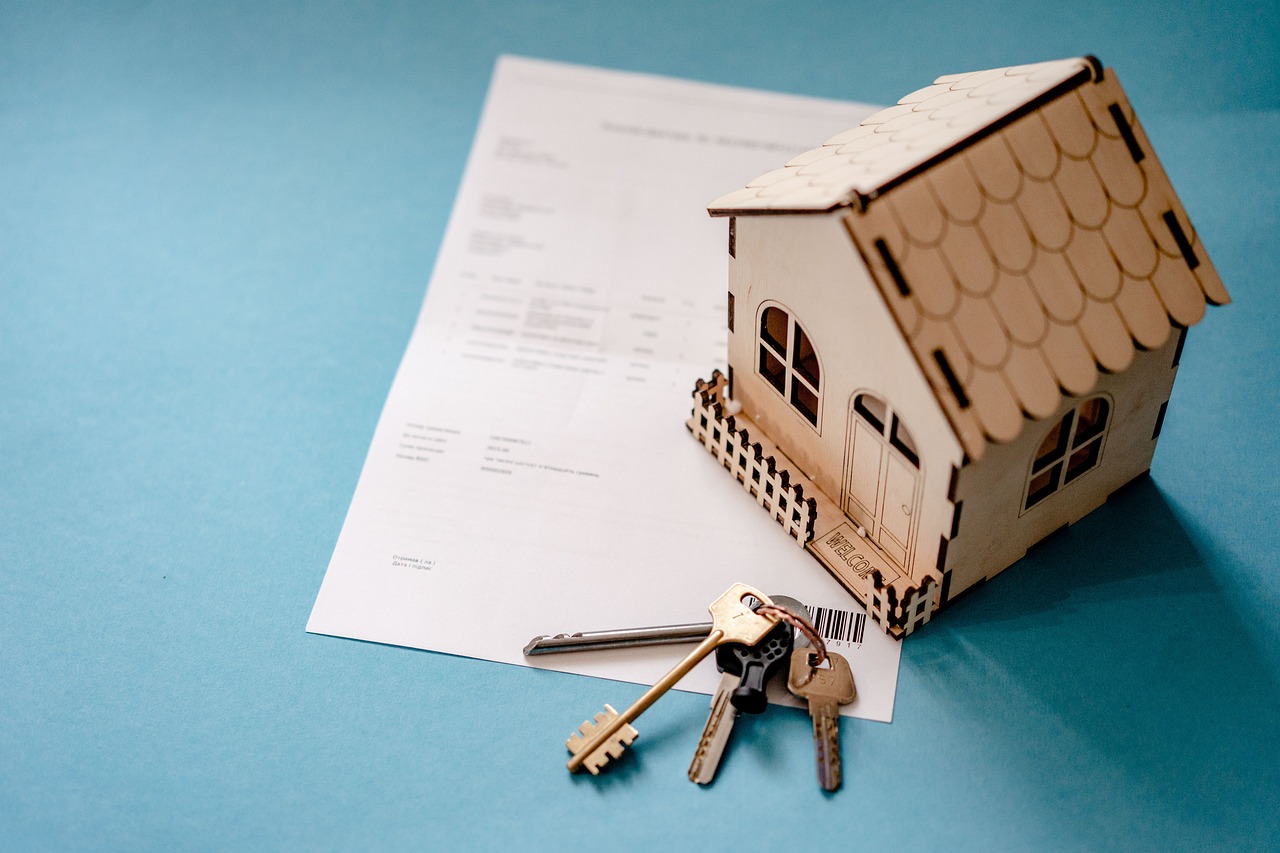
Buying your first home as newlyweds is an exciting milestone in your relationship. It’s a chance to put down roots together and build a life in a space that’s truly your own. However, the process can also be complex and overwhelming, especially if you’re new to real estate. Here are some key factors to keep in mind as you embark on this journey.
Table of Contents
Financial Readiness
Before house hunting, take a hard look at your finances as a couple. Consider your combined income, savings, debts, and credit scores. Lenders will scrutinize these factors when determining your mortgage eligibility and interest rates.
Start by creating a realistic budget that accounts for all your current expenses and potential homeownership costs. Remember that owning a home involves more than just a mortgage payment. You’ll need to factor in property taxes, homeowner’s insurance, maintenance, and potential HOA fees.
Many financial experts recommend following the 28/36 rule. This guideline suggests spending no more than 28% of your gross monthly income on housing expenses and no more than 36% on total debt payments. Staying within these limits can help ensure you don’t become “house poor.”
It’s also wise to have a substantial emergency fund in place before buying. Homeownership often comes with unexpected expenses, and you’ll want a financial cushion to handle repairs or other surprises without stress.
Location, Location, Location
The old real estate adage holds true – location is crucial. As newlyweds, think about both your current needs and future plans. Do you want to be close to work, or are you willing to commute for a larger home? Is living near family important? Are you planning to have children soon, making school districts a priority?
Consider the neighborhood’s amenities, safety, and potential for appreciation. A growing area with new developments and improving infrastructure could be a smart investment. However, also think about whether the community aligns with your lifestyle and values.
Size and Layout
Determine how much space you truly need. While it’s tempting to go big, remember that more square footage means higher costs – not just in purchase price, but also in utilities, maintenance, and furnishings.
Think about your daily routines and hobbies. Do you need a home office or two? A large kitchen for cooking together? A garage for projects or storage? Make a list of must-haves versus nice-to-haves to help prioritize your search.
Consider your long-term plans as well. If you’re planning on starting a family soon, you might want extra bedrooms or a child-friendly layout. On the other hand, if you’re not sure about kids or plan to move again in a few years, a smaller starter home might make more sense.
Fixer-Upper vs. Move-In Ready
Decide how much work you’re willing to take on. A fixer-upper can be a great way to get into a desirable neighborhood at a lower price point, but it requires time, money, and often patience. Be honest about your DIY skills and enthusiasm for home improvement projects.
Move-in ready homes are more convenient but often come with a higher price tag. They can be a good choice if you’re busy with careers or simply prefer not to deal with renovations. However, you might have to compromise on some features or pay more for exactly what you want.
Working with Professionals
Navigating the homebuying process is much easier with experienced professionals on your side. A knowledgeable real estate agent can guide you through the entire process, from house hunting to closing. They can provide valuable insights on neighborhoods, negotiate on your behalf, and help you avoid potential pitfalls.
When it comes to finding Top Real Estate Agents – Reynolds Team stands out for their expertise in helping first-time homebuyers. Their personalized approach and deep market knowledge can be invaluable as you search for your first home together.
You’ll also want to work with a reputable mortgage lender to secure financing. Shop around for the best rates and terms, and consider getting pre-approved before you start seriously house hunting. This can give you a clearer budget and make your offers more competitive.
Don’t forget about a good real estate attorney and home inspector. These professionals can protect your interests and ensure you’re making a sound investment.
Emotional Considerations
Buying a home is not just a financial decision – it’s an emotional one too, especially for newlyweds. Make sure you’re on the same page about your priorities and expectations. Be prepared for compromise and open communication throughout the process.
It’s easy to get caught up in the excitement and overlook potential issues. Try to view properties objectively, considering both your current needs and future plans. Don’t be afraid to walk away if a home doesn’t feel right or if you have concerns about its condition or value.
Remember that your first home doesn’t have to be your forever home. It’s okay to start small or make some compromises. The goal is to find a place that fits your budget and lifestyle while allowing you to build equity and create memories together.
Timing Your Purchase
Consider the broader real estate market and your personal timeline. Are interest rates favorable? Is it a buyer’s or seller’s market in your area? While you can’t always time the market perfectly, being aware of these factors can help inform your decisions.
Also, think about your job security and any potential life changes on the horizon. If you’re planning a career switch or considering a move to a new city in the near future, it might be wise to wait on buying.
The homebuying process can take several months from start to finish, so plan accordingly. If you have a lease ending or other deadlines to consider, start your search well in advance.
Conclusion
Buying your first home as newlyweds is a significant step that requires careful consideration and planning. By thoroughly assessing your finances, needs, and long-term goals, you can make a decision that sets you up for a happy future together. Remember to lean on experienced professionals throughout the process, and don’t rush into anything that doesn’t feel right. With patience and diligence, you’ll find a home that’s not just a smart investment, but a perfect place to start your new life together.


